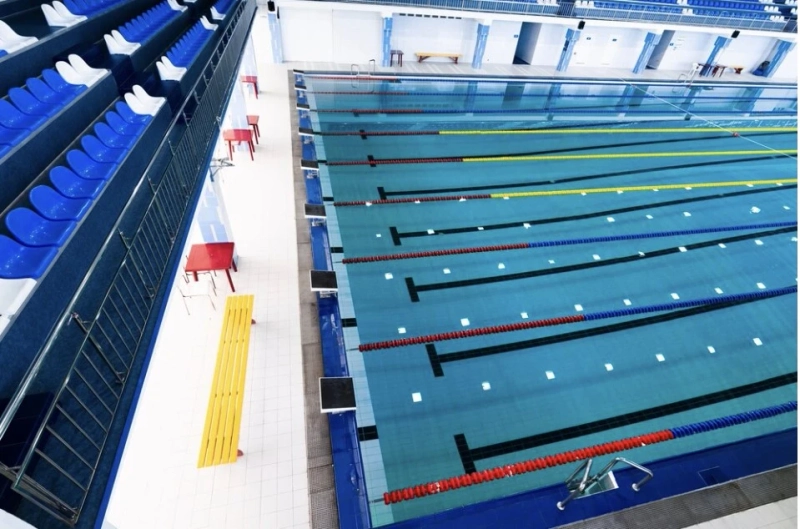A backyard pool can be a source of immense joy and relaxation, offering a refreshing escape from the summer heat. However, it also comes with a significant responsibility – ensuring the safety of everyone who uses it, especially in a region like Victoria, Australia. The Victorian government has implemented strict regulations to make pool safety a top priority.
Pool Safety Certificate in Victoria1.1 Purpose of a Pool Safety Certificate
In Victoria, a pool safety certificate is a crucial document designed to ensure that a residential pool complies with safety standards. The certificate serves as proof that the pool owner has taken adequate measures to safeguard against accidents and drowning incidents.
1.2 Who Needs a Pool Safety Certificate?
According to Victorian law, any property with a pool or spa that can hold water to a depth of at least 300mm requires a pool safety certificate. This includes both in-ground and above-ground pools, as well as spa pools.
1.3 Getting a Pool Safety Certificate
To obtain a pool safety certificate, pool owners must arrange for a pool inspection by a registered pool inspector. During the inspection, the inspector checks whether the pool fence and surrounding areas meet the necessary safety standards. If the pool passes the inspection, a certificate is issued, affirming the pool's compliance with safety regulations.
Pool Fence Regulations in Victoria2.1 The Importance of Pool Fencing
One of the most crucial aspects of pool safety in Victoria is the pool fence. An effective pool fence is essential in preventing young children from gaining unauthorized access to the pool area. The fence acts as a barrier to keep children safe, reducing the risk of drowning incidents.
2.2 Pool Fence Regulations
The Victorian government has established strict concerning pool fence regulations Victoria to ensure safety. Some of the key regulations include:
- Minimum Height: Pool fences must be at least 1.2 meters in height.
- Child-Resistant Gates: Pool gates must be self-closing and self-latching, and they should open away from the pool.
- Non-Climbable Zone: There should be a non-climbable zone around the pool fence, preventing children from using nearby objects to climb over.
- Maintenance: Pool owners are responsible for regularly maintaining the fence to ensure its effectiveness.
2.3 Compliance with Regulations
To obtain a pool safety certificate, the pool fence must meet these regulations. Failing to adhere to these requirements can result in penalties, and, more importantly, it puts lives at risk.
III. The Role of Pool Inspectors
3.1 Who Are Pool Inspectors?
Pool inspectors play a pivotal role in ensuring pool safety in Victoria. They are trained professionals authorized to assess the compliance of residential pools and spa pools with safety regulations. Pool inspectors must be registered with the Victorian Building Authority (VBA) to conduct pool safety inspections.
3.2 Pool Inspector's Duties
A pool inspector primary duty is to conduct thorough pool inspections. This includes examining the pool fence, gates, barriers, and the surrounding area for compliance with safety regulations. They also check for any potential hazards that could endanger the safety of pool users.
3.3 Issuing Pool Safety Certificates
After conducting a pool inspection, if the pool and its surrounding area meet the necessary safety standards, the pool inspector will issue a pool safety certificate. This certificate is valid for three years. If any issues are identified during the inspection, they must be rectified, and a follow-up inspection is required to issue the certificate.
Pool safety in Victoria is a paramount concern, and the government's stringent regulations reflect this commitment. The pool safety certificate system, pool fence regulations, pool inspectors, and inspections in Melbourne are all essential components in ensuring that residential pools are safe for use.
By adhering to these regulations and ensuring that your pool or spa pool is compliant, you contribute to a safer environment for everyone, especially children. Remember, pool safety is not just a legal obligation but a moral responsibility to protect the lives of those who enjoy the pleasures of a backyard pool. Always prioritize safety to create a refreshing and secure oasis in your own home.


